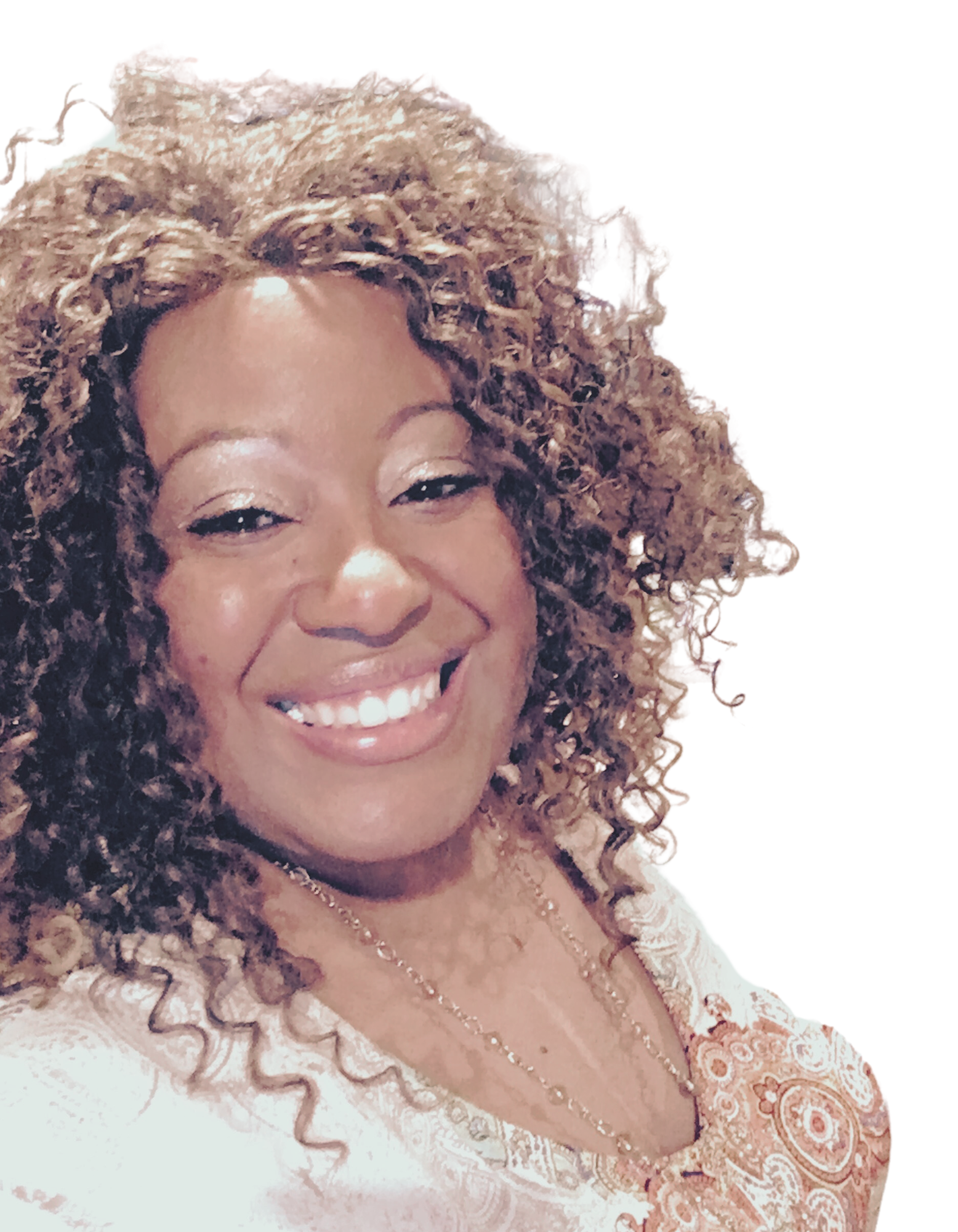Building Better Families
- Shawnte Barr

- Sep 14, 2024
- 4 min read
Updated: Sep 21, 2024

First published October 2021 in Flyy Girl Zone Magazine, updated September 2024
A very important part of communication is how we express ourselves; this not only involves being aware of how we feel but also how the other person feels. Far too often, I have seen relationships among Black family members and friends deteriorate because of a misunderstanding and a lack of effective and appropriate communication. While many things contributed to the breakdown of the Black family, I want to address the emotional factors so that we can begin to heal and rebuild our families. Let’s start with a basic working definition of emotions.
Emotions are the “behavioral” and “psychological” responses to situations based on our experiences and perceptions of stimuli. For instance, we respond to the birth of a baby with joy and the death of a loved one with sadness. The birth and the death are the stimuli; joy and fear are the emotions. So, when we are conversing with someone, and they say something to offend us, the offense will cause us to respond based on our emotions. Responding appropriately requires a bit of emotional intelligence on our part.
I know you’ve heard of the term IQ, right? If not let’s define it. Dictionary.com says intelligence quotient (IQ), is “an intelligence test score that is obtained by dividing mental age, which reflects the age-graded level of performance as derived from population norms, by chronological age and multiplying by 100: a score of 100 thus indicates a performance at exactly normal levels for that age group.” Did you know that emotions are measured in almost the same way? An emotional quotient (EQ) measures the way we respond in certain situations and determines our emotional intelligence. So, how does emotional intelligence affect us as Black people? That is way too deep to get into in this article, but let me give you a scenario on how it has created a rift in the village.
For those born during the 1980s and earlier, depending on the location, parents had a village of people who helped to look after their children. I believe the deterioration of the Black family also created communication barriers, causing people to communicate defensively. For example, mothers became overprotective of their children, defending them when they should have corrected or disciplined them—when notified about their children’s behavior. As an example, I will use a fictional scenario of an elder looking out for a child.
Fictional Scenario

Granted, this is a fictional scenario, sometimes it’s not as bad as that, but sometimes it’s much worse. Julianna got caught up in her emotions by assuming Mrs. Marie was judging her parenting skills (the stimuli) without taking into consideration that Mrs. Marie done seen a whole-lot-a-whole-lot and could sense that Rayshawn was probably headed down the wrong path. As a result of scenarios like this, our neighborhoods deteriorated and the elders who were once the gatekeepers and protectors of the block went into the house and sat it down somewhere.
First and foremost, my intentions are not to ridicule Black people, I simply want to shine a light on areas that need improvement. Emotional intelligence consists of listening to understand and not to defensively respond. Emotional intelligence doesn’t mean Julianna isn’t allowed to get mad at Mrs. Marie, but it does require her to acknowledge why she is mad. Once we realize why the stimuli invoked an emotional response, we can then respond appropriately.
It is evident that emotions play a key role in our interpersonal relationships. Having a low EQ can cause us to respond negatively to a situation that has nothing to do with us. For instance, getting into an argument with your spouse who walked in the house upset. The proper response is to ask them what happened and wait until they are ready to talk about it, maybe they got some bad news at work. On the other hand, having a high EQ may cause people to think you are stuck up and untouchable. The key to emotional intelligence is learning how to respond appropriately while considering the feelings of others.
Here are some components and tips of Emotional Intelligence:
Pay attention to how you perceive a situation. The key is looking for nonverbal cues and asking questions to gain clarity.
Reassess your emotions. Don’t automatically assume that the emotion you feel first is the right emotion. Our emotions are influenced by the way we think and by our experiences. If someone experienced traumas in their childhood, they may respond with fear, anger, or sadness when the situation has nothing to do with hurting them.
Learn your emotional responses to situations. Write in a journal if you must, but pay attention to your emotions. If you are not paying attention to your emotions, then someone else will, leaving them in control over the situation and, ultimately, of you.
Learn how to manage and regulate your emotions. Responding appropriately to stimuli can help you maintain your composure when things don't seem to be going as planned. Meaning, if you know that you and your sister argue at family functions, then learn how she triggers you (or how you triggered her) and either alter your behavior or ignore your sister. Always remember, you do not have to show up to every fight you are invited to.
This is only a brief look into how emotions affect our interpersonal relationships and communication skills with other people within our community. Keep coming back to learn more. Don’t forget to share this message while elevating to the next level. Peace out!
References




Comments